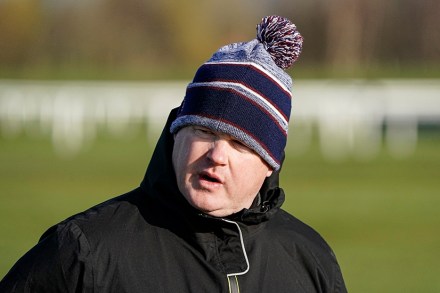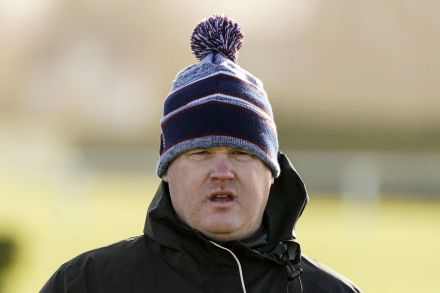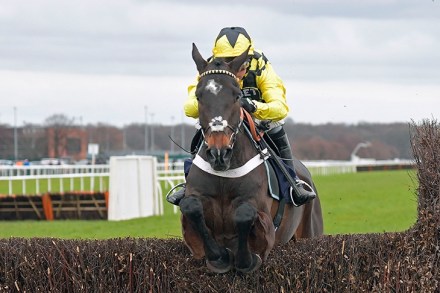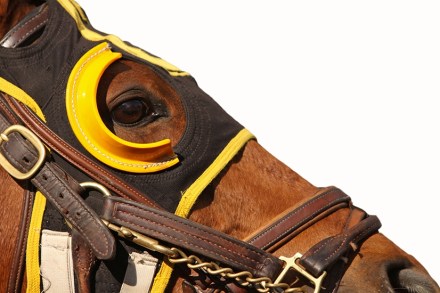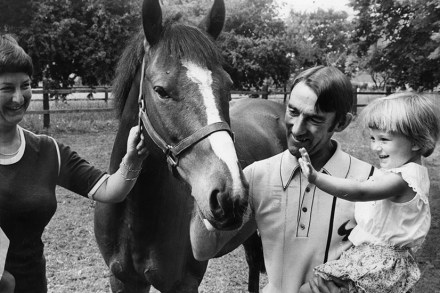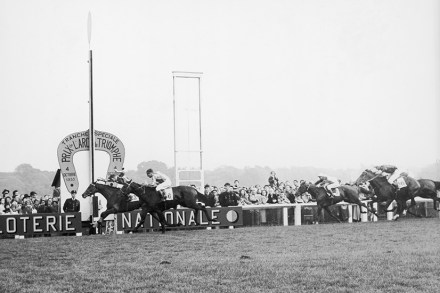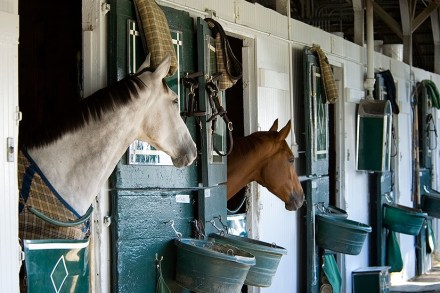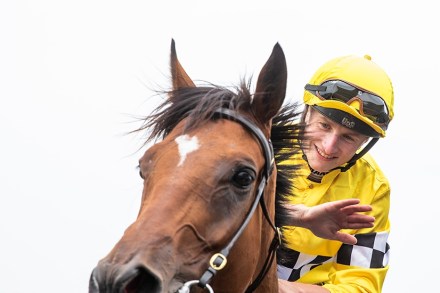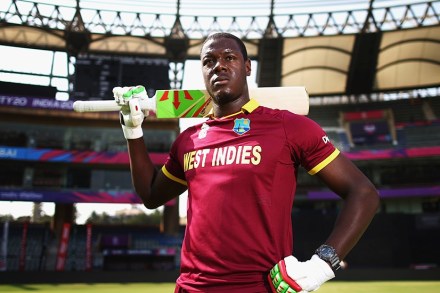Racing badly needs the full relaxation of restrictions
Humans are herd animals too. Jockeys, trainers, owners and those enjoying the few prized media attendance slots for racing behind closed doors have agreed that without the crowds it simply hasn’t been the same experience. TV coverage of racing is first class going on brilliant and has provided vital information and entertainment through lockdown, but we in the racing tribe need to be regularly on the course, rubbing shoulders with the like-minded: ‘Did you see what that one did last time at Newbury? Why isn’t X riding his regular stable’s two-year-old here?’ After my Goodwood member friend Derek Sinclair invited me to be his guest on the first Saturday on





